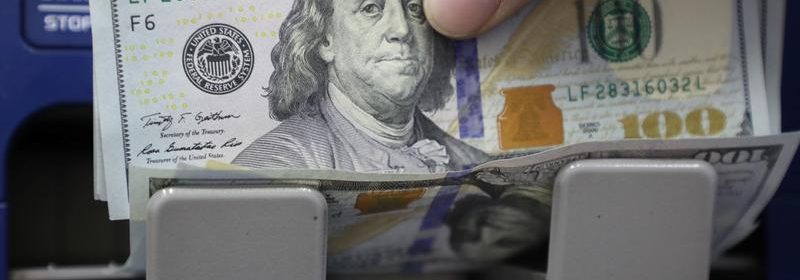European stocks near record high, NZ dollar rises

LONDON/SHANGHAI (Reuters) – European stocks approached record highs on Wednesday after U.S. Federal Reserve officials soothed investors’ inflation worries, though the New Zealand dollar rose as the country’s central bank hinted at a rate hike next year.
European stocks were up 0.29%, close to the previous day’s record peak, while Germany’s DAX gained 0.2% and Britain’s FTSE 100 ticked up 0.17%.
U.S. stock futures pointed to a higher open for the S&P 500, also within sight of recent record highs. S&P 500 e-minis were up 0.29% after the index closed down 0.21%. World stocks gained 0.1%.
Richard Clarida, the Fed’s vice chair, said on Tuesday that the U.S. central bank would be able to curb an outbreak of inflation and engineer a “soft landing” without throwing the country’s economic recovery off track.
All the same, Clarida’s comments reflect a shifting tone at the Fed. A month ago, Fed Chair Jerome Powell said it was “not yet” time to even contemplate discussion of policy tapering, but more recently policymakers have acknowledged they are closer to debating when to pull back some of their crisis support for the U.S. economy.
“Inflation is the key focus of our clients, companies are complaining about supply chain bottlenecks, employment shortages in the U.S.,” said Eddie Cheng, head of international multi-asset portfolio management at Wells Fargo Asset Management, but he added:
“Our base case is the Fed is thinking this is transitory.”
However in New Zealand, the central bank held interest rates at a record low on Wednesday but hinted at a hike as early as September next year. The prospect of higher rates sent the New Zealand dollar soaring more than 1% to a three-month high.
(Graphic: Kiwi flies: )
The dollar index was flat after touching its lowest level since Jan. 7 on Tuesday. The U.S. currency was also steady against the yen at 108.82. The euro was little changed at $1.2242, near the previous session’s 4-1/2 month highs.
“The economic situation in Europe is increasingly looking up,” Commerzbank analysts said in a note.
“The service sector in particular is benefitting from the increasing easing of corona restrictions. As a result, the European single currency is becoming more attractive again.”
The benchmark 10-year U.S. Treasury yield was steady at 1.5723% after falling to multi-week lows in the previous session on easing inflation concerns.
The 10-year German bond yield, the euro zone’s benchmark, dipped more than 2 basis points to -0.186% following recent dovish commentary from the European Central Bank
MSCI’s broadest index of Asia-Pacific shares outside Japan rose 0.4% to over two-week highs, while Tokyo’s Nikkei advanced 0.3%.
Chinese blue-chips were steady after posting their biggest daily gain in nearly 11 months on Tuesday on easing inflation fears and a strong yuan.
On Wednesday, China’s onshore and offshore yuan strengthened to near three-year highs against the dollar, with the onshore currency breaking through a key level that had prompted state banks to step in a day earlier.
Oil rose as worries about an increase in supplies from Iran were offset by optimism about improving U.S. fuel demand that was reinforced by a drop in weekly inventory estimates. Global benchmark Brent crude was up 0.39% at $68.95 and U.S. crude gained 0.17% to $66.17 per barrel.
Spot gold added 0.45% to $1,907 an ounce.
Source: Read Full Article
